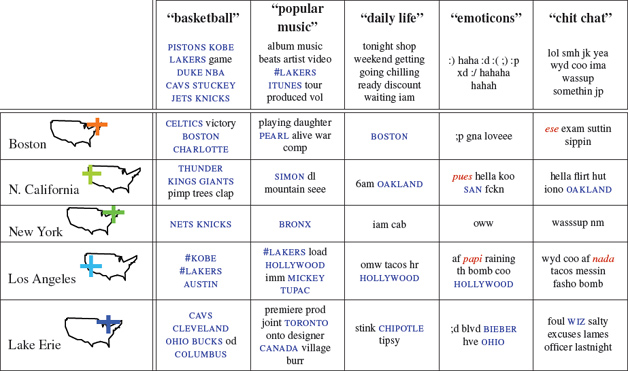Though a certain Iron Man (whose new trailer was released today) has been taking the spotlight in recent years, other iron men and women who don’t have squishy humans inside of them have pervaded western culture for decades. Robots big and small, good and evil, free-willed or enslaved have featured in hundreds of works of literature, cinema, and other media since the early 20th century.
Tonight, a few of those automatons will get their due and be inducted into the Robot Hall of Fame. As part of the RoboBusiness Leadership Summit currently taking place in Pittsburgh, Carnegie Melon will hold an induction ceremony for the 2012 class of Robot Hall of Fame Inductees. The ceremony starts tonight at 6:30 pm at the Carnegie Science Center in Pittsburgh.
Part of the voting on which robots are to be inducted tonight was open to the public, but is now closed. The rest of the voting was done by a group of 107 robotics experts, industry leaders, and “aficionados.” Some of this year’s nominees included Johnny 5 from the Short Circuit movies, Rosie from The Jetsons, and WALL-E from the Pixar movie of the same name.
In addition to the 2012 inductees, robots from the 2010 class will also be celebrated. These include NASA Mars rovers Spirit and Opportunity, iRobot’s Roomba, and Arnold Schwarzenegger’s T-800 series Terminator.


 Brendan O’Connor, Ramnath Balasubramanyan, Bryan R. Routledge, and Noah A. Smith examined consumer confidence and political opinions that were measured in 2008 and 2009, putting information from the Consumer Board, Gallup, Reuters, the University of Michigan, and Twitter side by side.
Brendan O’Connor, Ramnath Balasubramanyan, Bryan R. Routledge, and Noah A. Smith examined consumer confidence and political opinions that were measured in 2008 and 2009, putting information from the Consumer Board, Gallup, Reuters, the University of Michigan, and Twitter side by side.